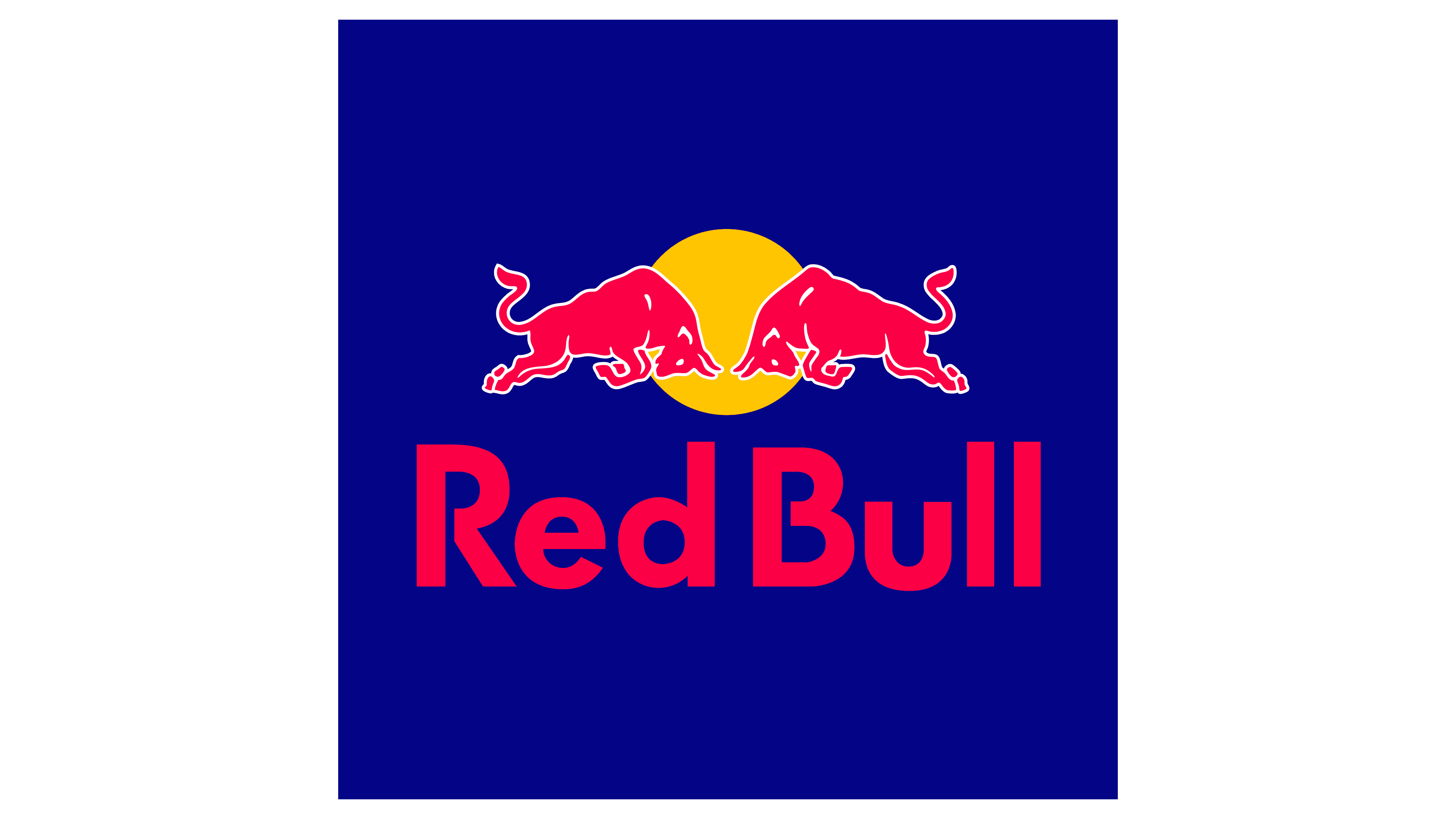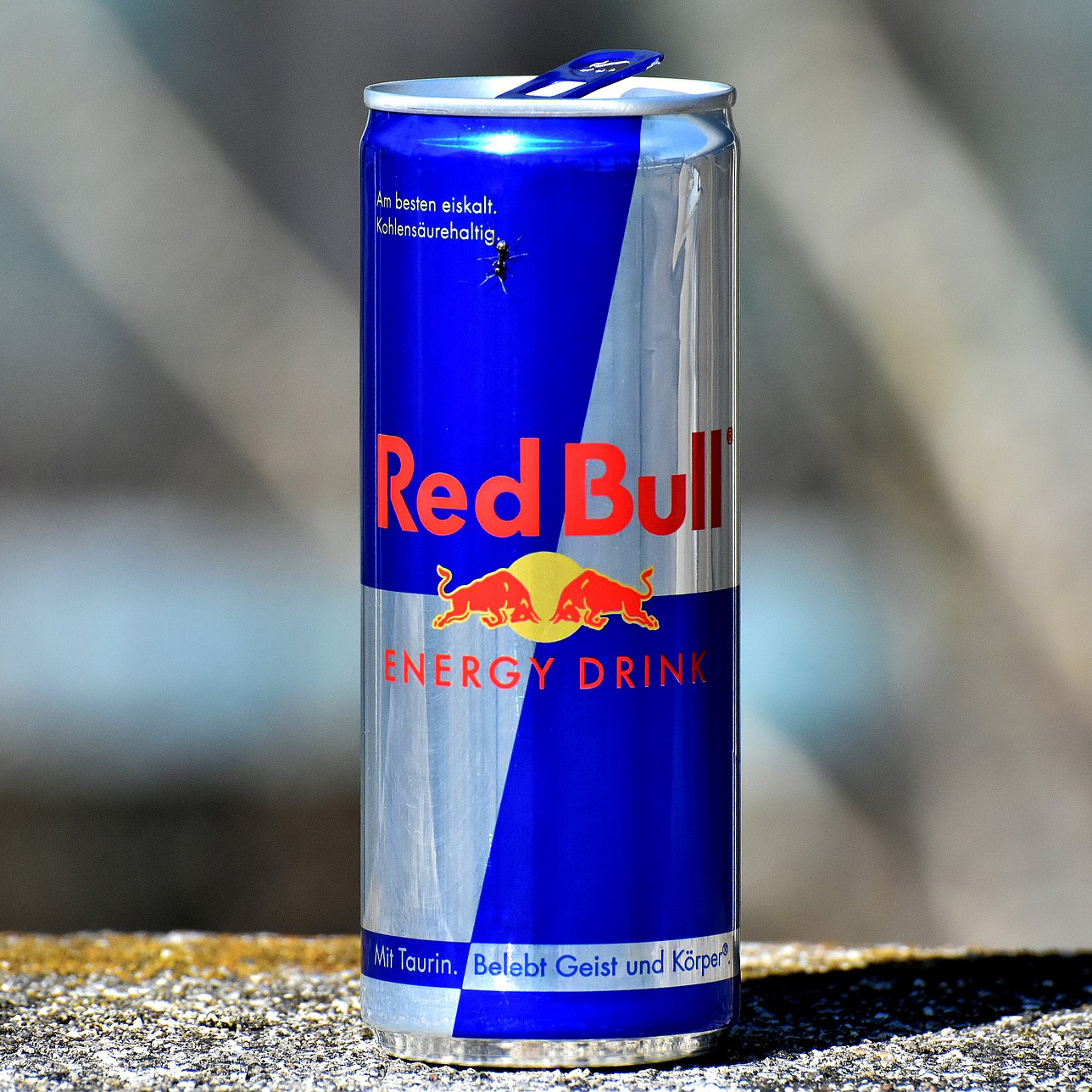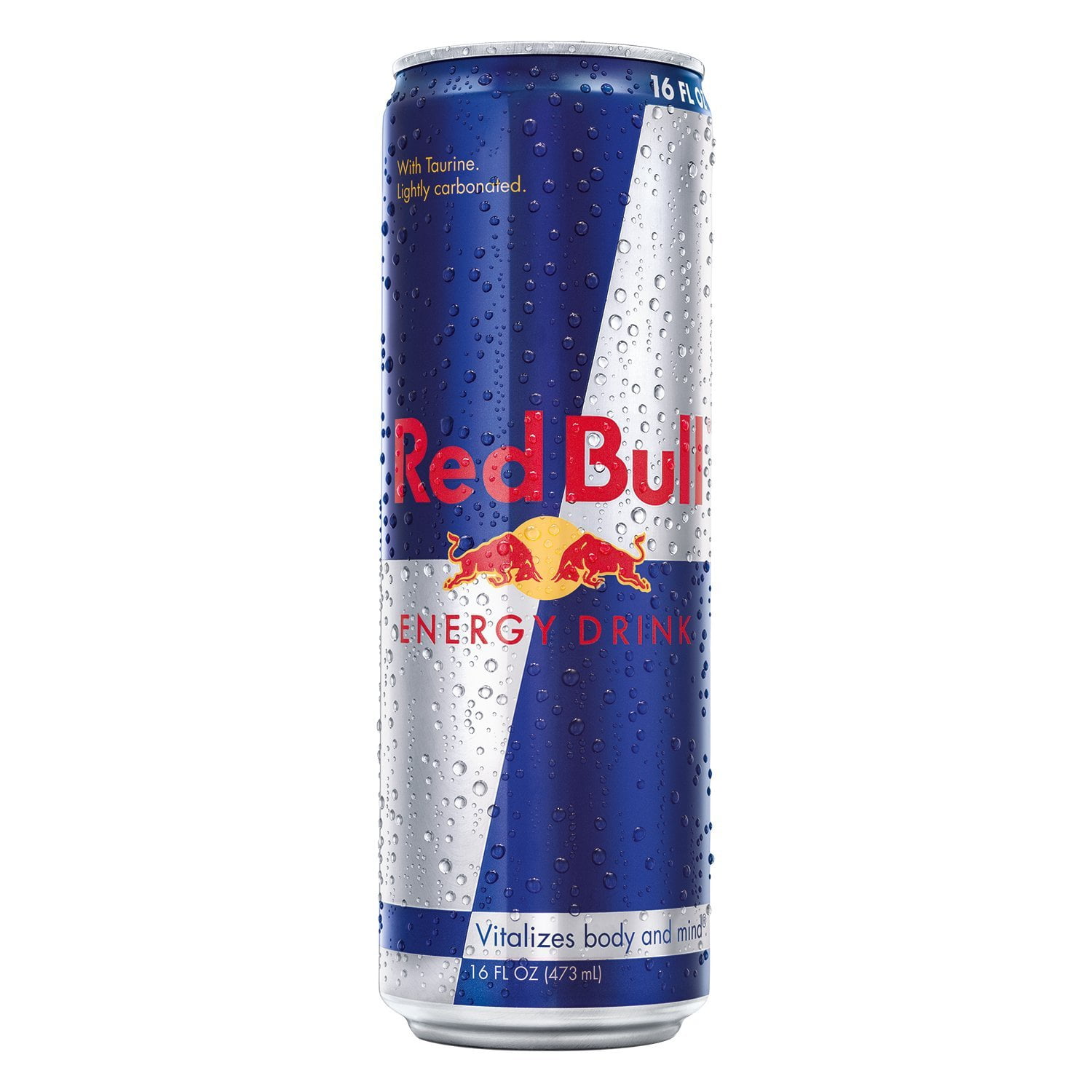Red Bull Israel Product Or Not - Unpacking The Buzz
People everywhere are, you know, really starting to look closely at the brands they support, especially when it comes to what those companies might be connected to around the world. It's a time when, so, many are asking tough questions about where their money goes and what values a company holds. This kind of careful thought is becoming, actually, a very big part of how folks decide what to buy.
This increased awareness, you see, comes at a time when global discussions about various conflicts are, in some respects, really heating up. People are, quite simply, more interested than ever in whether the products they choose to bring into their homes might, perhaps, be tied to certain political situations or, you know, causes. It's a shift in how consumers approach their shopping baskets, looking beyond just the product itself.
And that's why, basically, a well-known energy drink like Red Bull has found itself right in the middle of these conversations. Folks are wondering, quite openly, whether Red Bull is, you know, an Israeli product or if it supports Israel in some way. This curiosity is, more or less, what we are going to look into, pulling apart what's known about its presence there.
Table of Contents
- Is Red Bull an Israeli Product or Not?
- What's the Story with Red Bull Israel Product or Not in the Market?
- Are People Questioning Red Bull Israel Product or Not?
- What Other Drinks are Popular Besides Red Bull Israel Product or Not?
Is Red Bull an Israeli Product or Not?
There's a lot of talk, you know, going around about whether Red Bull is somehow linked to Israel, maybe even being an Israeli product itself. However, when you look at the actual facts, there isn't really enough solid proof to say that it has any direct connection or, you know, special bond with Israel beyond just selling its drinks there. The company, you know, simply makes its product available for people to buy in the country, much like it does in many other places around the globe, so.
The difficulties Red Bull has had in the Israeli marketplace, it seems, are more about the intense competition from other drinks rather than, you know, anything to do with political connections. It's a typical business situation where, you know, different brands are all trying to get people to pick their product over others. This competition is, actually, a very common thing in any market where many companies are selling similar items, as a matter of fact.
So, if you're wondering whether Red Bull is, you know, an Israeli company, the answer is, basically, no. The company's origins and its main operations are, you know, located elsewhere. Its presence in Israel is, quite simply, through the sale of its popular energy drink, which is, you know, what many international brands do in countries all over the world. It's just a matter of distribution, in a way.
- Best Jav Actress
- Margaret Galvin Hidden Valley Road
- Xxlilylynnxx
- Why Did Sasori Kill Himself
- Two Wongs Dont Make A White Joke Meaning
The focus for many people, you know, often shifts to where a product is made or who owns the company, especially when they are trying to make choices that align with their personal beliefs. With Red Bull, the core of the business is, really, not in Israel. It's important to separate, you know, the presence of a product for sale from the actual ownership or deep political ties of the company that makes it, you know.
Where Does Red Bull Israel Product or Not Come From?
To get to the bottom of where Red Bull actually comes from, it's, you know, pretty straightforward. Red Bull is a brand of energy drinks that was created and is owned by an Austrian company called Red Bull GmbH. This company is, you know, a private group of businesses from Austria, and they are the ones who brought the Red Bull line of energy drinks into the world. Their main office is, actually, in a place called Fuschl am See, which is in Salzburg, Austria, so.
This company, Red Bull GmbH, is, you know, also very well known for a lot more than just its drinks. They are, you know, famous for their wide range of sporting events and for owning many different sports teams. You see them, like, involved in all sorts of thrilling activities, from motorsports to extreme sports, which is, you know, a big part of their identity. They have, in a way, built a whole world around their brand, not just a drink, you know.
In the United States, for example, Red Bull has its own distribution company, called Red Bull Distribution Company, or RBDC. This company was, you know, set up specifically to handle the selling and getting Red Bull products out to stores across the United States. Their goal is, you know, to do a really good job of getting the drink to people, making sure it's available and well-presented in the market. It's all about, you know, making sure the product gets where it needs to be, basically.
So, when you think about the Red Bull Israel product or not question, it's clear the company itself is, you know, Austrian through and through. Their business plan is, you know, to grow with people who are good at what they do, who are focused, responsible, and, you know, really love what they are doing, like a Red Bull entrepreneur. They are, you know, passionate about things like racing and their fans, and they, you know, truly enjoy their work. Their aim is, you know, to keep doing things in their own unique way, which is, you know, pretty much what they've always done.
What's the Story with Red Bull Israel Product or Not in the Market?
Even though Red Bull has been seeing, you know, a bit of a drop in how much of the energy drink market it holds in Israel, the company still keeps a very active presence there. You might think that with sales going down, they would, you know, pull back a little, but that's not what's happening. They are, you know, still very much involved in the area, keeping their brand out there for people to see and, you know, interact with, so.
If you take a quick look at their official Instagram account, for instance, you'll see that they are, you know, constantly putting out content for Israeli consumers. They show off their products, talk about events they are involved in, and, you know, highlight their sponsorships. This kind of ongoing engagement is, you know, pretty telling. It shows that they are, you know, still putting effort into connecting with people there, despite the sales figures, you know.
This continued presence, in a way, suggests that even with the challenges, Red Bull sees some value in staying connected to the Israeli market. They are, you know, not just passively selling drinks; they are actively trying to build relationships with their audience, which is, you know, what many big brands do to keep their name relevant. It's a sign that they are, you know, still trying to make their mark, even if it's a bit of an uphill climb, you know.
It's also worth thinking about what "active presence" means for a company like Red Bull. It's not just about shelves in stores; it's about, you know, being part of the culture, sponsoring local events, and, you know, engaging with people on social media. This is how, you know, modern brands keep their connection with consumers, even when facing a little headwind, as a matter of fact. They are, you know, still very much in the game, so to speak.
Why is Red Bull Israel Product or Not Facing a Decline?
So, why is Red Bull, you know, seeing its share of the energy drink market shrink in Israel? Well, the global Red Bull company has, you know, actually made a choice that the amount of money they are making from selling drinks in Israel just doesn't, you know, make sense compared to the millions of dollars they've been putting into sales efforts and advertising there each year. It's a business decision, you know, based on what they see as a return on their investment, so.
The market in Israel is, you know, pretty much dominated by other drinks. For example, a drink called XL holds, you know, a very large part of the energy drink market, about 64% of it. That's, you know, a huge piece of the pie. People in Israel, you know, usually go for XL or another drink called Blu, both of which are, actually, brought in from Poland. Red Bull, in comparison, is, you know, just not as popular there, you know.
This preference for other brands, you know, has a big impact. When consumers consistently choose one product over another, it makes it really hard for the less popular one to, you know, gain ground. It's like, you know, a popularity contest where Red Bull isn't winning the top spot. This means that, you know, all the money they put into getting people to buy their drink wasn't, you know, having the desired effect, apparently.
The company's decision to pull back on those big investments, you know, shows that they are, basically, reacting to the market realities. If you're spending a lot of money and not getting much back, it's, you know, a pretty clear sign that something needs to change. This situation is, you know, a prime example of how even very big, well-known brands can face tough competition and, you know, have to adjust their plans based on what's happening on the ground, you know.
Are People Questioning Red Bull Israel Product or Not?
Yes, people are, you know, definitely questioning Red Bull and its connections, especially since the recent conflict between Palestine and Israel started. There's been a big increase in how aware people are about where brands stand and, you know, what their ties might be to political situations. It's like, you know, suddenly everyone is looking at their shopping cart with a new pair of eyes, wondering if the things they buy support one side or the other, so.
Red Bull, being one of the most famous and widely sold energy drinks around the globe, has, you know, recently found itself part of these discussions about boycotts. People are asking things like, you know, "Does Red Bull support Israel?" or "Is Red Bull an Israeli product or not?" This kind of questioning is, you know, a direct result of people wanting to make more thoughtful choices with their money, you know.
There are, you know, global talks happening about boycotting products from Israel and also about supporting brands that are seen as, you know, standing with Palestine. Islamic scholars, for instance, have been, you know, urging Muslims even more to stay away from Israeli brands, especially because of the important connection and meaning of Masjid Al-Aqsa in Islamic history. This call to avoid products from Israel or companies that support Israel has, you know, become a really big topic of discussion worldwide, you know.
So, when you see Red Bull's name come up in these talks, it's because people are, you know, trying to figure out where it fits in. They want to know if it's a "boycott safe" choice. The desire to find brands that, you know, don't support Israel and instead stand with Palestine is, you know, a strong motivator for many consumers right now. It's all part of a larger movement where people are, you know, using their buying power to express their views, basically.
How Does Red Bull Israel Product or Not Engage with Consumers?
Even with the talk about boycotts and its market share going down, Red Bull still, you know, keeps up its active engagement with people in Israel through its official Instagram account. They are, you know, consistently putting out content that promotes their drinks, highlights various events, and, you know, showcases their sponsorships. This shows that they are, you know, still trying to connect directly with their audience, as a matter of fact.
This kind of engagement means they are, you know, not just selling a product; they are trying to be part of the local scene. They might, for example, sponsor local sports events, music festivals, or, you know, other cultural happenings. These activities are, you know, a way for them to build brand loyalty and keep their name in people's minds, even when there's a lot of noise around them, you know.
The fact that they continue to use social media, like Instagram, to reach out to consumers is, you know, pretty standard for big brands today. It allows them to, you know, share updates, run contests, and, you know, show off how their products fit into people's lives. It's a way of saying, "We're still here, and we're still, you know, part of your everyday experiences," you know.
This ongoing effort to engage with consumers, despite the challenges, indicates that Red Bull, you know, still sees value in its Israeli operations. They are, you know, not just letting things go; they are actively working to maintain their brand presence and, you know, connection with the people who buy their drinks. It's a consistent approach to marketing, even when faced with, you know, a bit of a tricky situation, basically.
What Other Drinks are Popular Besides Red Bull Israel Product or Not?
When you look at the energy drink scene in Israel, it's, you know, pretty clear that Red Bull isn't the top choice for most people. The drinks that are, you know, usually bought over there are XL and Blu. These two brands are, actually, brought into the country from Poland, and they've, you know, really captured the market. XL, in particular, holds a very large piece of the energy drink market, about 64% of it, which is, you know, a significant amount, so.
It's, you know, quite interesting how much people in Israel love these drinks, XL and Blu. I was, you know, very surprised that no one talks about these drinks much in certain online communities, especially since Israelis, you know, seem to enjoy them so much. It just goes to show that, you know, what's popular in one place might not be what you expect, based on what's talked about elsewhere, you know.
The fact that XL has such a dominant position, you know, really shapes the market. When a single brand has nearly two-thirds of all sales, it makes it very hard for other drinks, like Red Bull, to, you know, get a bigger foothold. It's a strong preference that has, you know, developed over time, and it means that consumers are, you know, consistently choosing these specific options, basically.
This strong preference for XL and Blu also, you know, highlights the competitive nature of the market. It's not just about, you know, having a product available; it's about being the product that people, you know, consistently reach for. The popularity of these imported drinks shows that, you know, local tastes have settled on certain brands, making it, you know, quite a challenge for newcomers or less popular options to grow, you know.
Is Monster Energy Red Bull Israel Product or Not's New Competitor?
Recently, another big energy drink brand, Monster, has, you know, started to bring its products into Israel. However, even with Monster's entry, it's, you know, still not very popular there. It hasn't really, you know, caught on with people in the same way that XL or Blu have. This suggests that, you know, breaking into a market where there are already established favorites can be, you know, quite a tough thing to do, as a matter of fact.
Monster's experience in Israel, you know, pretty much mirrors some of the challenges Red Bull faces. It shows that just because a brand is, you know, big and well-known globally doesn't mean it will automatically be a hit everywhere. Consumer preferences, you know, are very strong, and it takes a lot for a new or less popular brand to, you know, shift those habits, you know.
The fact that people still, you know, usually buy XL or Blu, even with Monster now on the shelves, speaks volumes. It means that, you know, these imported Polish drinks have a very loyal following. They are, you know, what people are used to, and what they prefer, which makes it a very difficult landscape for any other energy drink, including Red Bull Israel product or not, to, you know, really make a significant impact, you know.
So, while Monster might be a new player, it hasn't, you know, changed the game much for Red Bull or the other popular brands. The market is, you know, still very much dominated by the existing favorites. This situation, in a way, just reinforces how strong the hold of XL and Blu is on the Israeli energy drink market, making it a very competitive space for any other brand, you know, trying to get a bigger piece of the action, basically.

Red Bull Logo: valor, história, PNG

Red Bull | Health Topics | NutritionFacts.org

(1 Can) Red Bull Energy Drink, 16 Fl Oz - Walmart.com